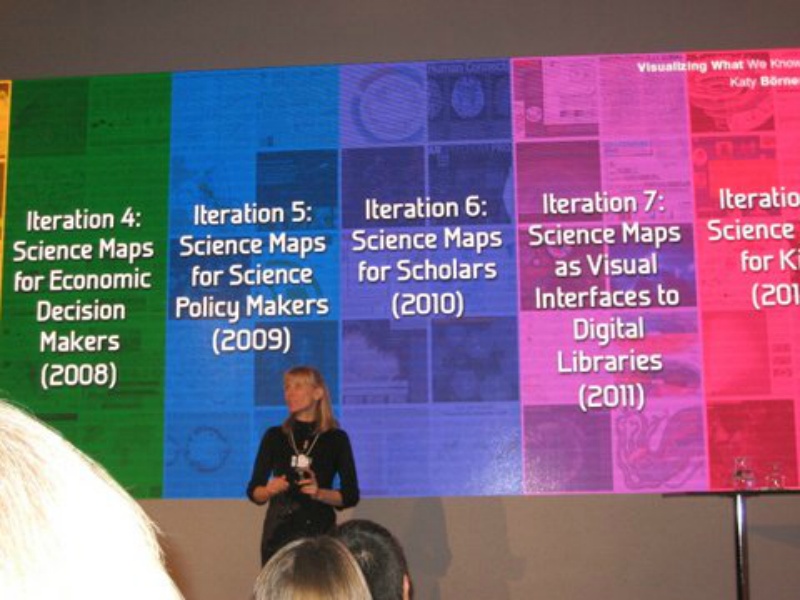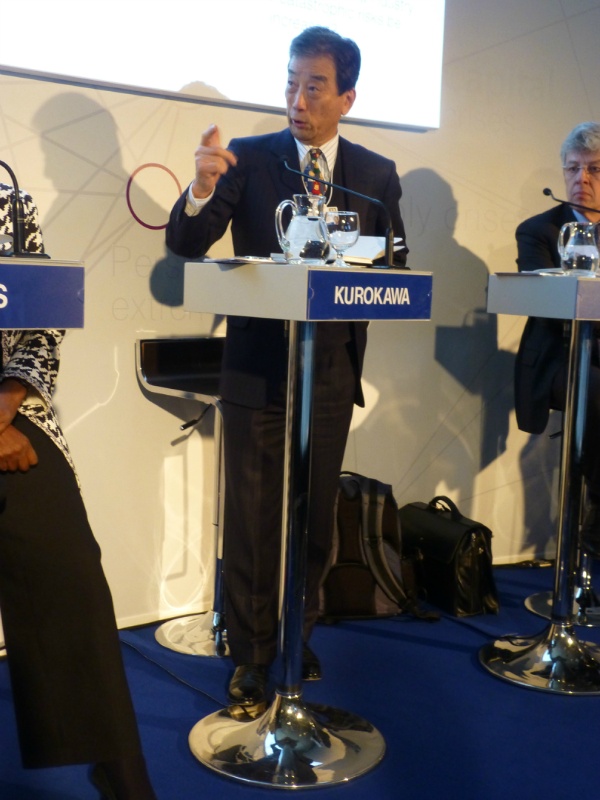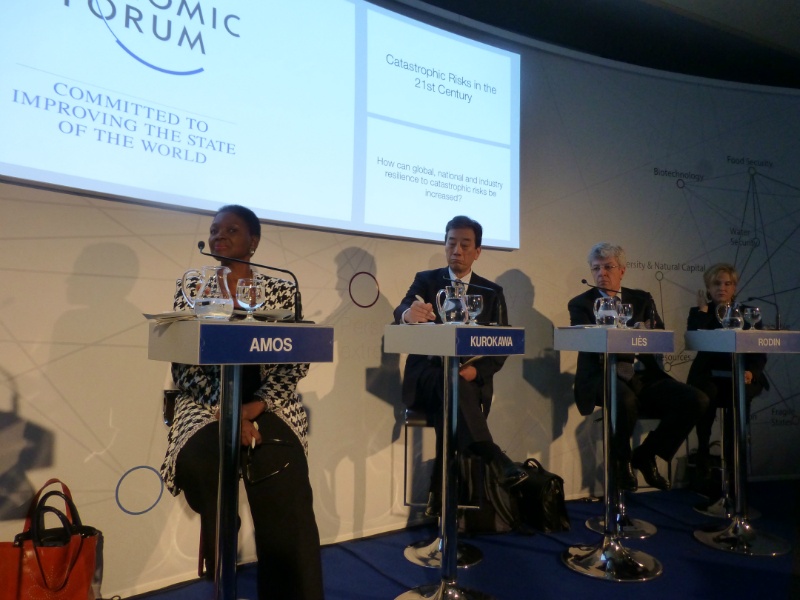→Japanese
Everyone who comes to read my column, thank you always for your support.
On a different note, in the last few weeks I had several opportunities to spend time with Ms. Yoko Ishikura. Each time we meet she would quickly report via her blog or twitter, but I am very late at doing this. Almost a month late.
So I shall inform you of the latest events in which I participated during this time.
On November 15, I returned home from Dubai. This is reported two weeks late in this blog. Since then I have been very busy from morning to night almost every day. Below are some of the main activities.
On the 16th (Fri), the board meeting of Impact Japan, the GEW (1) came to an end and I took part in “Venturing Overseas” (it was quite a fun session, a gathering only in the evening for about 3 hours).
17th (Sat): Once again, lots of business meetings and in the evening I departed to Singapore.
18th (Sun) to 20th (Tue): In Singapore I met various people and I visited Nanyan Technological University. It certainly was a very lively atmosphere, including the campus. The three day visit was quite a pleasure. I will write about it some other time.
21st (Wed): In the early morning I returned to Narita. From noon was the interview with BBC, and in the afternoon I attended the board of directors meeting of Research Center for Advanced Science and Technology, The University of Tokyo (One time I was there as a ‘visiting professor’). The main subject of the meeting was the selection of the new director. From evening I had a session with Mr. Joi Ito from MIT Media Lab and the youth at FabCafe (Back in July, right after I submitted the report of NAIIC, I conversed here with Mr. Ito Joi, although I never reported this…). From there I went to the Swiss Embassy and attended the joint reception of WEF’s Global Shapers Community and St. Gallen Symposium (1) and I also gave a greeting.
On the 22nd (Thurs), I participated in ‘Japan Gender Parity Task Force’ organized by the WEF.
I’ve been reporting this as a topic to focus on, and it is one of the biggest challenges Japan is facing. According to this year’s Gender Parity Report by the WEF, out of over 130 countries in the world, Japan ranks 102nd. A terrible result. How could this be? Please think it over. Individual action is important for the future.
Later I was visited by Mr. Grover from UN Human Rights and we debated specifically on the government responses to the victims and workers in Fukushima based on the report by NAIIC. He had done thorough research of the site and he asked a lot of tough questions. Mr. Grover’s report should be published in the near future. Apparently there was also a press conference.
After that, there was a meeting of Science Council of Japan concerning the standpoint of Science Council of Asia, and in the evening I hastened to the celebration party of former SONY Chairman Mr. Idei’s 75th birthday and then to a different dinner.
23rd (Fri) was a day off. After a long time, for the second time this year, I went golfing with my friends. It was slightly raining but by the afternoon the rain had stopped. Since there was no cart in the course, it was the first time in a while that we walked the entire course. Next day for some reason my ankles were sore.
25th (Sun), I went to the GAS reunion organized by Dr. Ishikura. I also attended the after party.
26th (Mon), In the morning was the board of directors meeting of Teach For Japan(in Japanese). Mr. Yusuke Matsuda is putting a lot of effort into it, but there is still a long way to go. I urge for everyone’s help, support and participation. Also there was an interview by the Tokyo American Club, a consultation by the Ministry of Foreign Affairs, and in the afternoon there was a visit by the Fukushima accident research committee of the National Academy of Sciences that was initiated by the US Congress and for the first 90 minutes I gave a report of NAIIC followed by Q & A.
I will also report this on a difference occasion, but from this visit alone, a lot of innovative ideas for Japan were clearly presented.
Now slightly up-to-date, but there’s still a lot more.




